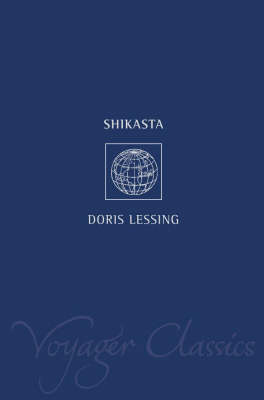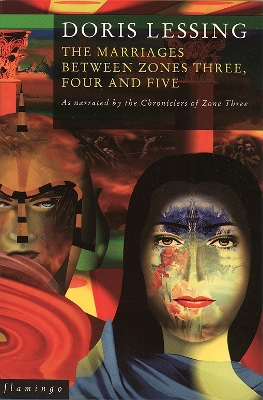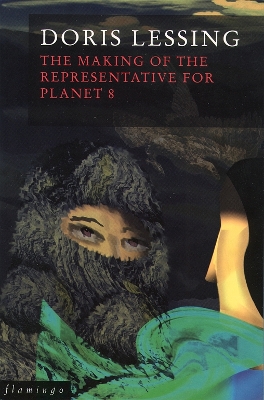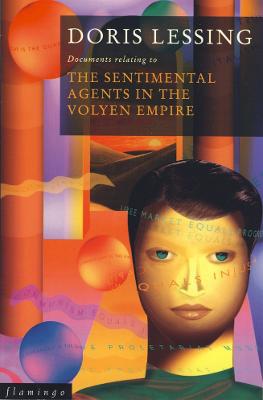Canopus in Argos: Archives
4 primary works
Book 1
Book 2
From Doris Lessing, winner of the Nobel Prize for Literature, this is the second instalment in the visionary novel cycle ‘Canopus in Argos: Archives’.
This is the story of the kindly Queen of Zone Three, who rules a land free of all harshness, and her forced marriage with the soldier-king of Zone Four, which is hierarchic, disciplined, inflexible, dutiful. This apparently difficult marriage, unwanted by both, requires a compromise between impulse and reason, between instinct and logic.
Ben Ata learns to accept and then to love the ruler of Zone Three and her alien ways; and she learns to love and to need him. But when the Queen is commanded by the Providers to return to her own realm, she must obey, shattering though it is to leave her husband and child. Ben Ata, in turn, is ordered to marry the savage beauty who rules Zone Five, a land that both unites and reverses the other two Zones.
In ‘The Marriages …’ Doris Lessing uses science-fiction brilliantly to investigate the conflict between men and women. Once again, invented planets allow her to deploy her unillusioned knowledge of the real world of the reader.
Book 4
From the winner of the Nobel Prize for Literature, this is the fourth instalment in the visionary novel cycle ‘Canopus in Argos: Archives’.
The handsome, intelligent people of Planet 8 of the Canopean Empire know only an idyllic existence on their bountiful planet, its weather consistently nurturing, never harsh. They live long, purposeful, untroubled lives.
Then one day The Ice begins, and ice and snow cover the planet’s surface. Crops and animals die off, and the people must learn to live with this new desolation. Their only hope is that, as they have been promised, they will be taken from Planet 8 to a new world. But when the Canopean ambassador, Johor, finally arrives, he has devastating news: they will die along with their planet. Slowly they come to understand that their salvation may lie in the creation of one Representative who can save what is most essential to them.
Lessing has written a frightening and, finally, hopeful book, a profound and thought-provoking contribution to the science-fiction genre the novel generally.
Book 5
From Doris Lessing, winner of the Nobel Prize for Literature, the fifth and final instalment in the visionary novel cycle `Canopus in Argos: Archives’.
`The Sentimental Agents …’ is set in the declining Volyen Empire as the empires of Sirius and Shammat compete to overwhelm it with rhetoric and false sentiment. The Canopean Empire deploys covert agents to help the Volyens resist. But one of these agents, Incent, succumbs to `Undulant Rhetoric’, and Agent Klorathy must go to Volyen to help him see through the empty words that have beguiled him.
Once more employing alien races to identify human failings, Lessing uses social and political satire to show how we misuse speech (and speeches) and delude ourselves with self-aggrandizing notions about the primacy of emotion. Her renowned insight into human behaviour goes hand in hand here with a vein of humour that sees her writing in the tradition of Voltaire and Swift.



